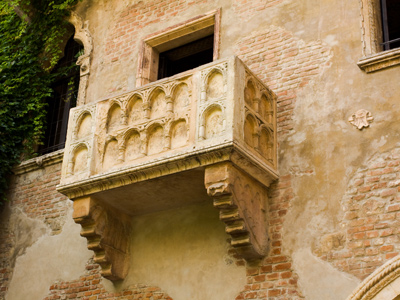
Romeo and Juliet - Setting
This GCSE English Literature quiz is about setting in William Shakespeare's Romeo and Juliet. The setting of a fictional work includes the location and the time in which events take place. In addition to the events explicitly depicted by a play, other occurrences taking place in the background might have an effect on characters, even if these are only mentioned in passing. These occurrences constitute a key component of a work’s setting, and are known as context (bear in mind the difference between the fictional context of a play’s setting and the author’s real-life context). Atmosphere is another important element of setting and in a play, it is usually very much a product of staging. Some playwrights explicitly describe the atmosphere they wish to be created onstage. In Romeo and Juliet, Shakespeare creates atmosphere primarily with the language of characters, rather than with stage directions.
Ready for more?
not all...
quizzers. Try to win a coveted spot on our Hall of Fame Page.







